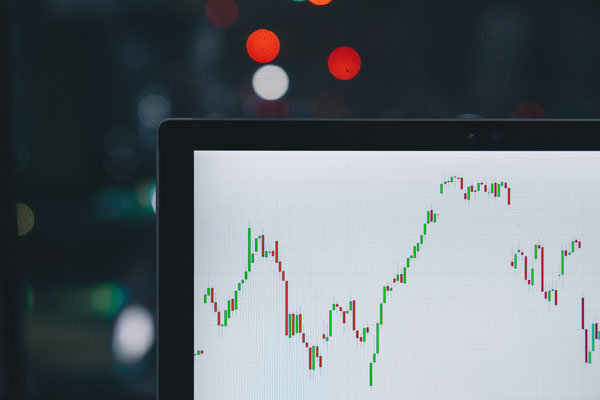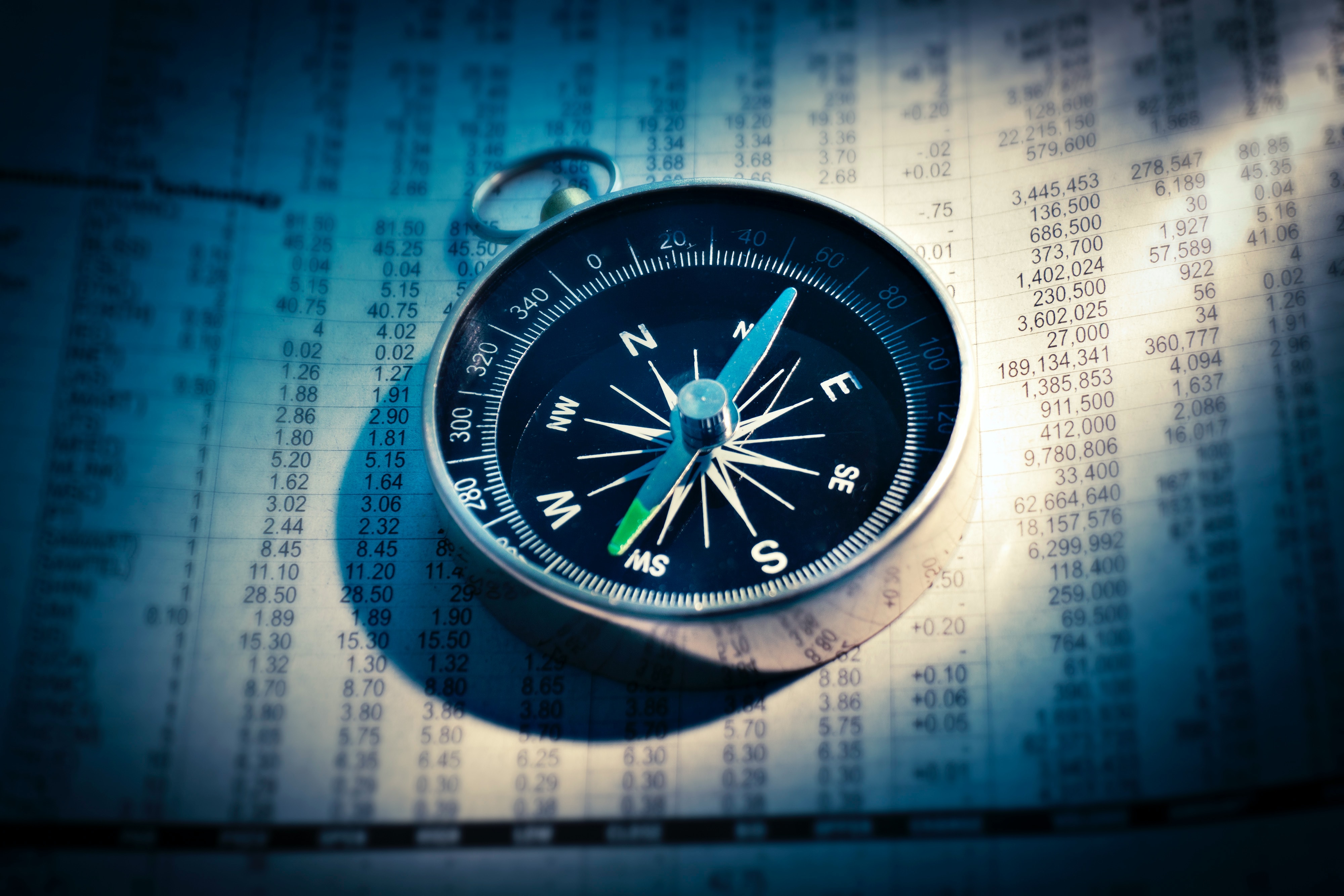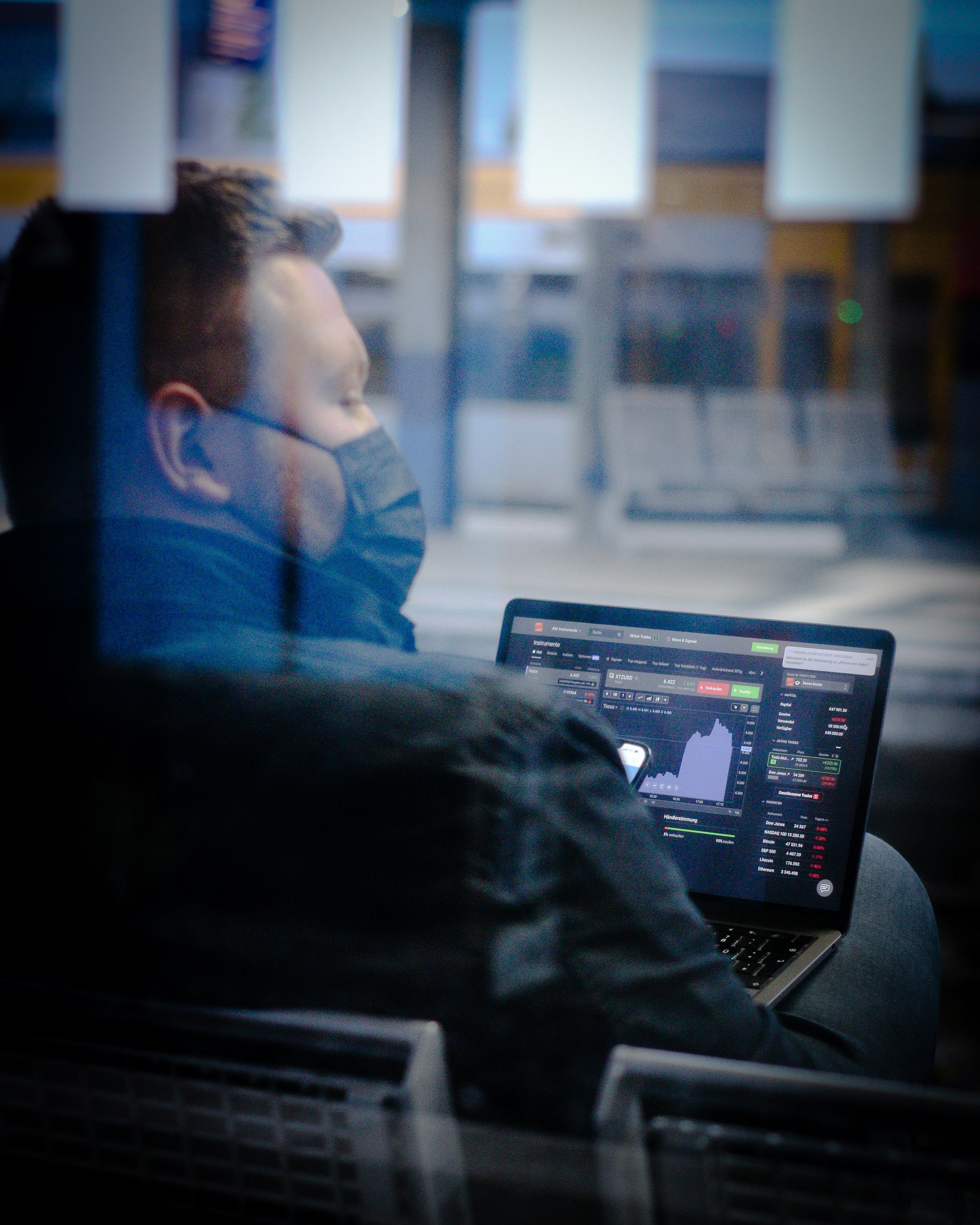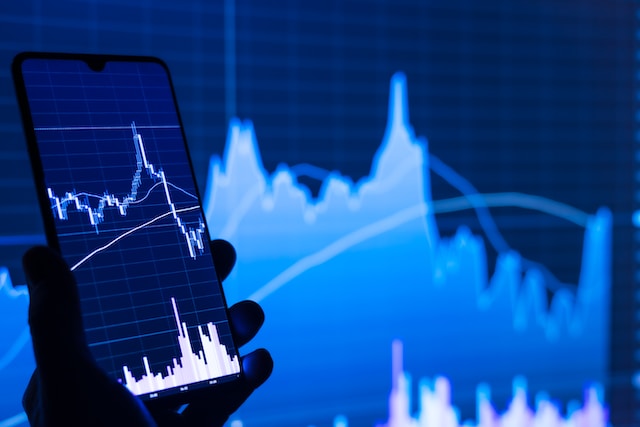Trading Technologies: Revolutionizing the Way We Trade
As a personal blogger and an avid trader, I have always been fascinated by the ever-evolving world of trading technologies. Over the years, these advancements have not only transformed the way we trade but have also opened up new opportunities for individuals to participate in the financial markets. In this article, I will delve into the exciting realm of trading technologies, exploring their impact on traders, the tools they offer, and the future of this rapidly evolving industry.
The advent of trading technologies has undoubtedly revolutionized the trading landscape, making it more accessible and efficient than ever before. Gone are the days when traders had to rely solely on phone calls or physical trading floors to execute their trades. With the rise of electronic trading platforms, anyone with an internet connection can now participate in the global financial markets from the comfort of their own home.
One of the key advantages of trading technologies is the speed at which trades can be executed. Back in the day, traders had to manually input their orders, which often resulted in delays and missed opportunities. However, with the introduction of algorithmic trading, trades can now be executed within microseconds, allowing for lightning-fast reactions to market movements. This has not only leveled the playing field for individual traders but has also increased market liquidity and efficiency.
Furthermore, trading technologies have brought about a wealth of analytical tools and charting capabilities, empowering traders with valuable insights and real-time data. These tools enable traders to make more informed decisions, identify trends, and develop effective trading strategies. Whether it’s technical indicators, pattern recognition algorithms, or sentiment analysis tools, the availability of these technologies has significantly enhanced the accuracy and precision of trading.
One notable development in trading technologies is the rise of mobile trading applications. With smartphones becoming an integral part of our daily lives, it was only a matter of time before trading platforms made their way onto our handheld devices. These mobile apps allow traders to monitor their positions, execute trades, and access market news and analysis on the go. This newfound flexibility has not only made trading more convenient but has also opened up opportunities for traders who may not have access to a desktop computer throughout the day.
In recent years, we have also witnessed the emergence of artificial intelligence (AI) and machine learning in the trading world. These technologies have the ability to analyze vast amounts of data, identify patterns, and make predictions with a level of accuracy that surpasses human capabilities. AI-powered trading algorithms can adapt to changing market conditions, learn from past trades, and optimize trading strategies in real-time. While AI in trading is still in its early stages, its potential to revolutionize the industry is undeniable.
Looking ahead, the future of trading technologies seems promising, with several exciting trends on the horizon. One such trend is the integration of blockchain technology into trading platforms. Blockchain, with its decentralized and transparent nature, has the potential to streamline trade settlement processes, enhance security, and eliminate intermediaries. Additionally, the rise of cryptocurrencies and the underlying blockchain technology has given birth to a new asset class, offering traders a whole new realm of opportunities.
Another area of interest is the impact of big data and predictive analytics on trading. As more data becomes available, traders can leverage advanced analytics to gain insights into market trends, sentiment, and even macroeconomic factors. By harnessing the power of big data, traders can make more informed decisions and adapt their strategies accordingly, ultimately increasing their chances of success in the markets.
In conclusion, trading technologies have undoubtedly transformed the way we trade, making it more accessible, efficient, and data-driven. From the speed of execution to the availability of powerful analytical tools, these advancements have empowered traders to navigate the complex world of finance with greater ease and precision. As we look to the future, it is clear that trading technologies will continue to evolve, presenting new opportunities and challenges for traders worldwide. So, buckle up and embrace the exciting journey of trading in the digital age!
References:
– [Algorithmic Trading](https://www.investopedia.com/terms/a/algorithmictrading.asp)
– [Mobile Trading Apps](https://www.investopedia.com/articles/trading/122314/best-iphoneandroid-apps-stock-trading.asp)
– [Artificial Intelligence in Trading](https://www.nasdaq.com/articles/artificial-intelligence-trading-2019-07-08)
– [Blockchain in Trading](https://www.forbes.com/sites/forbestechcouncil/2021/03/30/the-promise-of-blockchain-for-financial-services/?sh=7a20d2e2333a)
– [Big Data in Trading](https://www.investopedia.com/articles/active-trading/101014/how-big-data-changing-trading-forever.asp)




